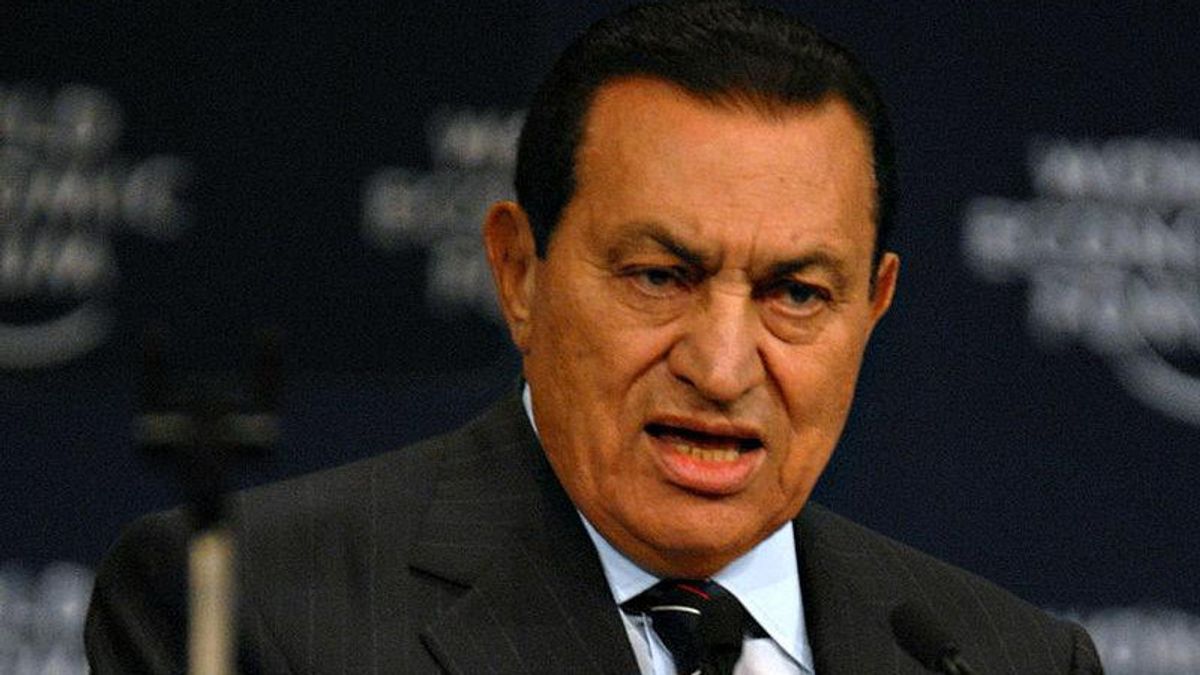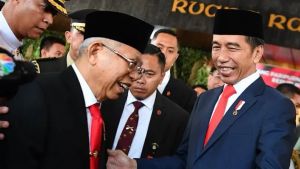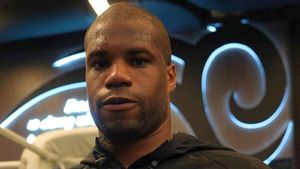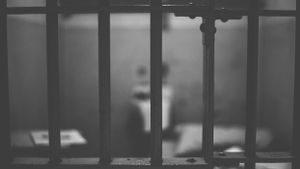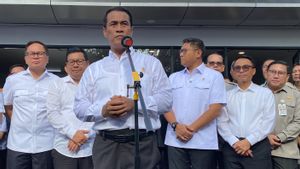JAKARTA - On June 2, 2012, former Egyptian President Hosni Mubarak was sentenced to life in prison. He was convicted on charges of involvement in the killing of protesters during the uprising that forced him from power in 2011.
Besides Mubarakn, the Minister of Home Affairs, Habib el-Adly, was also imprisoned for life. Mubarak's sons Gamal and Alaa were also prosecuted during that period for corruption charges. However, both were released.
According to The Guardian, those present at the court in Cairo reacted happily to the first sentence. But that happiness turned to anger when Mubarak's son and six Interior Ministry officials and the Chief of Police were released.
A fight broke out inside. Outside the court, stones were thrown at riot police. The crowd chanted: Wrong judgment. People want to clean up the justice system.
The first Arab leader to be tried in his own country
Mubarak is the first Arab leader to be tried in his own country. He was silent during the court.
Meanwhile, his once powerful sons looked nervous and had dark circles under their eyes. His eldest son, Alaa whispered verses from the Koran.
Reading his sentencing, Judge Ahmed Rifaat described the Mubarak era as "30 years of darkness" and a "dark nightmare," which ended when the Egyptian people rose to demand change.
"They peacefully demand democracy from rulers who hold tight power," he said.
Rifaat, who presided over his final trial before retiring, said Mubarak and Adly had not acted to stop the killings during 18 days of mass protests. The protest was met with a crackdown by security forces against unarmed demonstrators.
More than 850 protesters were killed in Cairo and other major cities in Egypt. In 2017, Mubarak was acquitted and cleared of all charges.
During the trial, Mubarak did not look healthy. He often has to be carried on a stretcher and wears sunglasses.
After he was released from prison, his health continued to decline. On February 25, 2020, Mubarak breathed his last.
Hero figureBesides being known as a cruel dictator, Mubarak was also known as a hero. As we discussed in the article The Good and Bad Memories of Egyptian Society After Hosni Mubarak's death, during the Arab-Israeli War in 1973, Mubarak became an important figure behind the airstrike, which lasted 20 minutes.
The attack succeeded in destroying 90 percent of Israel's strongholds. Through his success, Mubarak managed to restore the trust of Egypt.
As the best embodiment of the Egyptian military, Mubarak became the spokesman for every Arab country during the 1970s. On April 15, 1975, President Anwar Sadat appointed Mubarak as vice president.

Mubarak also quickly established himself as a skilled negotiator. He led several diplomatic missions to Arab countries, Europe, and most importantly to Israel.
While Egypt's previous President, Anwar Sadat, became increasingly interested in negotiating privately with Israel in the late 1970s, Mubarak then began to take greater control over internal affairs. Egypt was in trouble when Mubarak took over as leader.
The Egyptian economy is in bad shape. The unemployment rate is so high. Egypt's population continues to grow every year.
Mubarak finally focused on improving the economy by building infrastructure. It also attracted foreign countries to invest in Egypt and encouraged the use of contraception to regulate population size.
*Read other information about INTERNATIONAL NEWS or read other interesting articles from Putri Ainur Islam.
TODAY'S HISTORY MoreThe English, Chinese, Japanese, Arabic, and French versions are automatically generated by the AI. So there may still be inaccuracies in translating, please always see Indonesian as our main language. (system supported by DigitalSiber.id)
